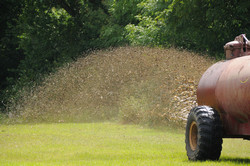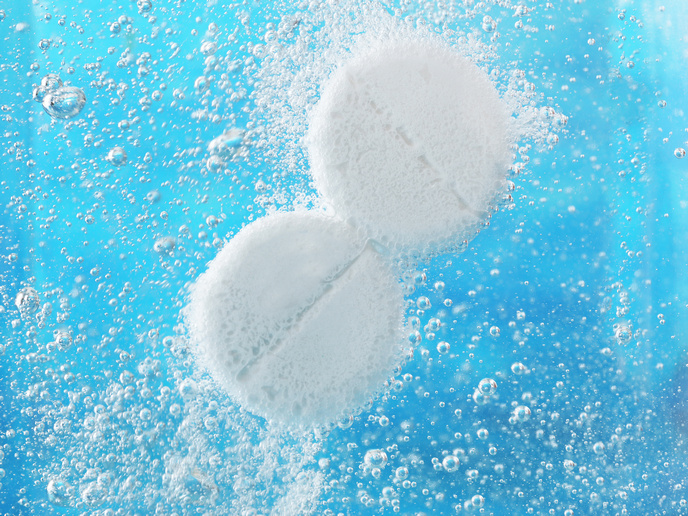Improving sewage sludge
The ROUTES(opens in new window) (Novel processing routes for effective sewage sludge management) project investigated various ways to process and sanitise sludge destined for use in agriculture. One process involved a thermal pre-treatment at 135 °C, followed by digestion by heat-loving organisms. This technique removed a number of volatile solids and resulted in significant biogas production and sanitisation of the sewage sludge. The most reliable parameter for assessing sanitation proved to be the levels of Escherichia coli, Salmonella and somatic coliphages. The latter was shown to be much more effective than enteric viruses. Also important in sludge processing was the recovery of valuable resources such as biofuels, ammonium sulphate and biopolymers. Minimising sludge production is another key step to sludge management. One technique that proved successful was the use of a biofilter operating in a sequencing mode, called SBBGR, which was able to produce granular biomass and microbial electrolytic cells. Safe disposal of the sludge is required once resource recovery and use in agriculture is no longer possible. This was achieved using an innovative wet oxidation process, which was shown to be a suitable alternative to the current process of incineration. The surplus biomass was harvested from the wastewater treatment process and wastewater organic carbon was deviated from biomass production into value added products and renewable resources. This was recovered or extracted from polyhydroxyalkanoate-rich biomass, thereby reducing sludge production from wastewater treatment plants. The wastewater treatment facility therefore becomes part of the urban/industrial water, carbon, energy and nutrient cycles rather than an end-of-pipe disposal system. ROUTES will foster eco-innovation in the European water industry and support related EU policies, strategies and plans. As such, the work will help to reduce the overall environmental impact of wastewater treatment systems.







